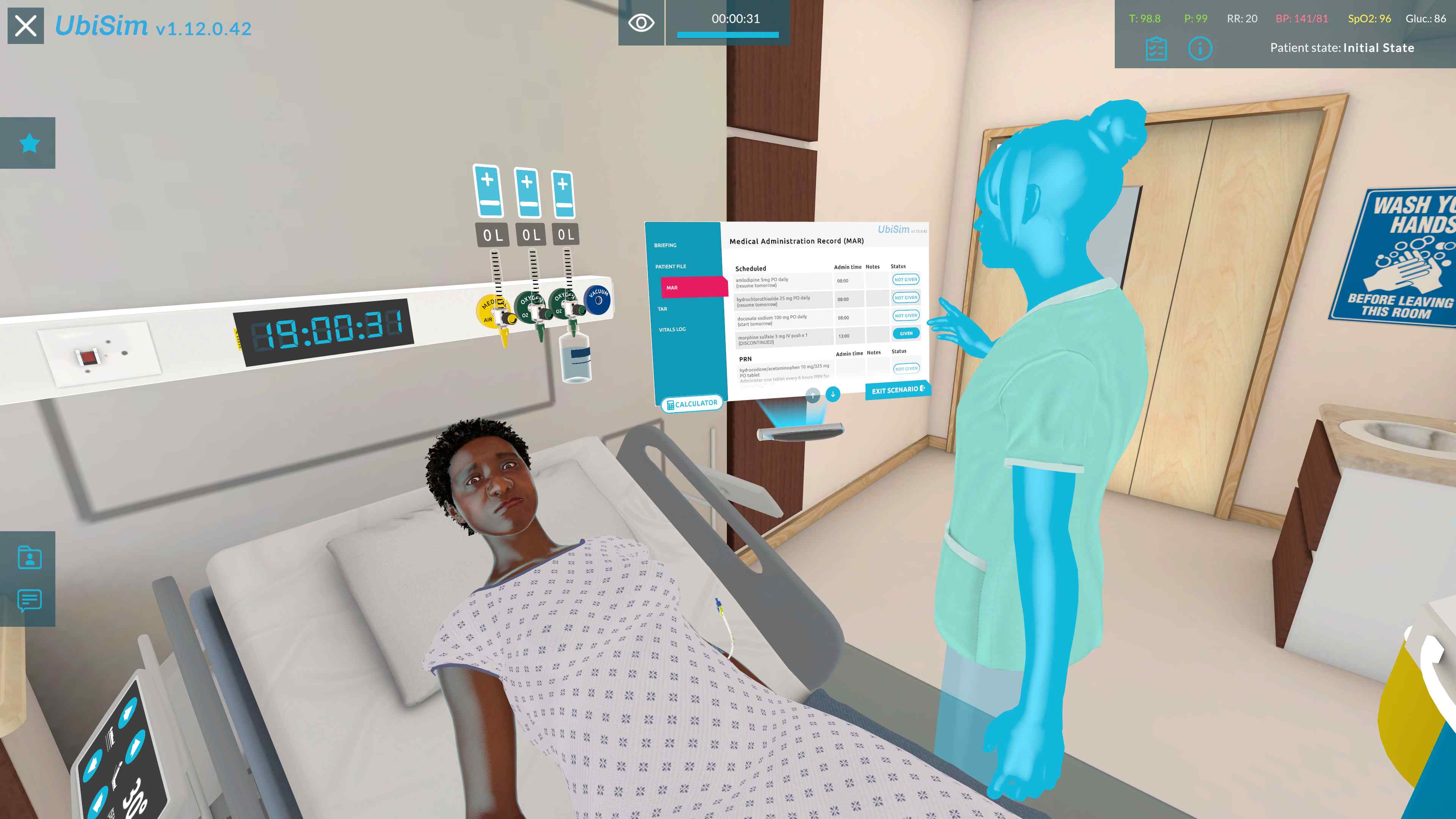
.png)
By AstraMinds
Virtual simulation technology is rapidly gaining traction as a powerful tool for training and development, offering immersive, cost-effective learning experiences. In developing countries, where access to hands-on training and sophisticated equipment is often limited, virtual simulation can bridge the gap, providing real-world scenarios in a digital environment.
For industries like healthcare, manufacturing, and education, virtual simulations can recreate complex procedures, allowing users to practice skills without the risk of real-world errors. For example, medical professionals can perform virtual surgeries, while engineers can simulate industrial machinery operations—all from the safety of a virtual platform. This not only improves skill levels but also reduces training costs and material waste.
Moreover, virtual simulation can support vocational education, offering students and professionals alike the opportunity to gain practical experience in high-demand fields. Governments and businesses in developing countries can leverage virtual simulations to train large numbers of people quickly, building a workforce equipped with 21st-century skills.
In the context of my business, integrating virtual simulation into our production processes is essential for enhancing efficiency and planning. Virtual simulations can help us model various production scenarios, allowing us to identify bottlenecks and optimize workflows before implementing changes in the real world. By simulating different production strategies, we can assess their impact on output and resource allocation, ensuring that our operations run smoothly.
Additionally, virtual simulation facilitates better training for our employees. They can familiarize themselves with the production environment and machinery in a risk-free setting, which boosts confidence and reduces the likelihood of errors during actual operations. This proactive approach to training not only enhances safety but also improves overall productivity.
By adopting virtual simulation technology, we position our business for success, enabling us to innovate and respond to market demands more effectively.
At the heart of these ideas lies the vision of transforming traditional industries into modern, efficient systems through technology. AstraAi can play a crucial role in making these concepts thrive by providing the necessary tools and insights to implement AI-driven solutions effectively.
AstraAi can assist businesses in developing countries by offering tailored virtual simulation platforms that address their specific needs, ensuring that the training and planning processes are relevant and effective. By leveraging AI, we can enhance the realism of simulations, creating scenarios that closely mimic real-world challenges and enabling businesses to prepare adequately for various situations.
Furthermore, AstraAi can support data analysis and predictive modeling, allowing companies to make informed decisions based on simulation outcomes. This capability empowers businesses to refine their operations continuously, adapt to changing market conditions, and foster a culture of innovation.
In conclusion, the collaboration between AstraAi and businesses in developing nations can unlock new opportunities for growth, skill development, and competitive advantage in the global economy.
Enter your email to receive our latest newsletter.
Don't worry, we don't spam
30 Kaguvi Street, (Complex) 1st Floor, Harare, Zimbabwe
info@astraminds.co.zw
help@astraminds.co.zw
+263 771 393 916
+263 778 034 612
Main Office: Harare
Service: 24/7 (Open Everyday)
